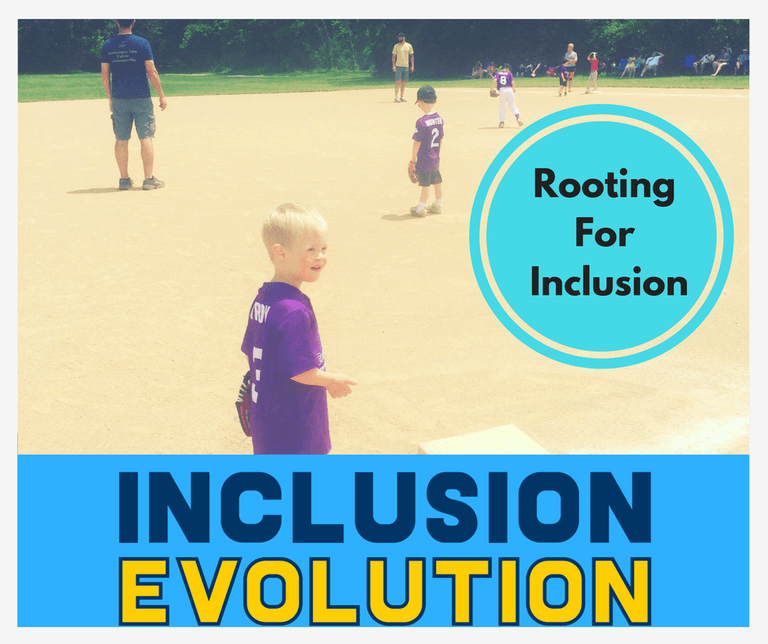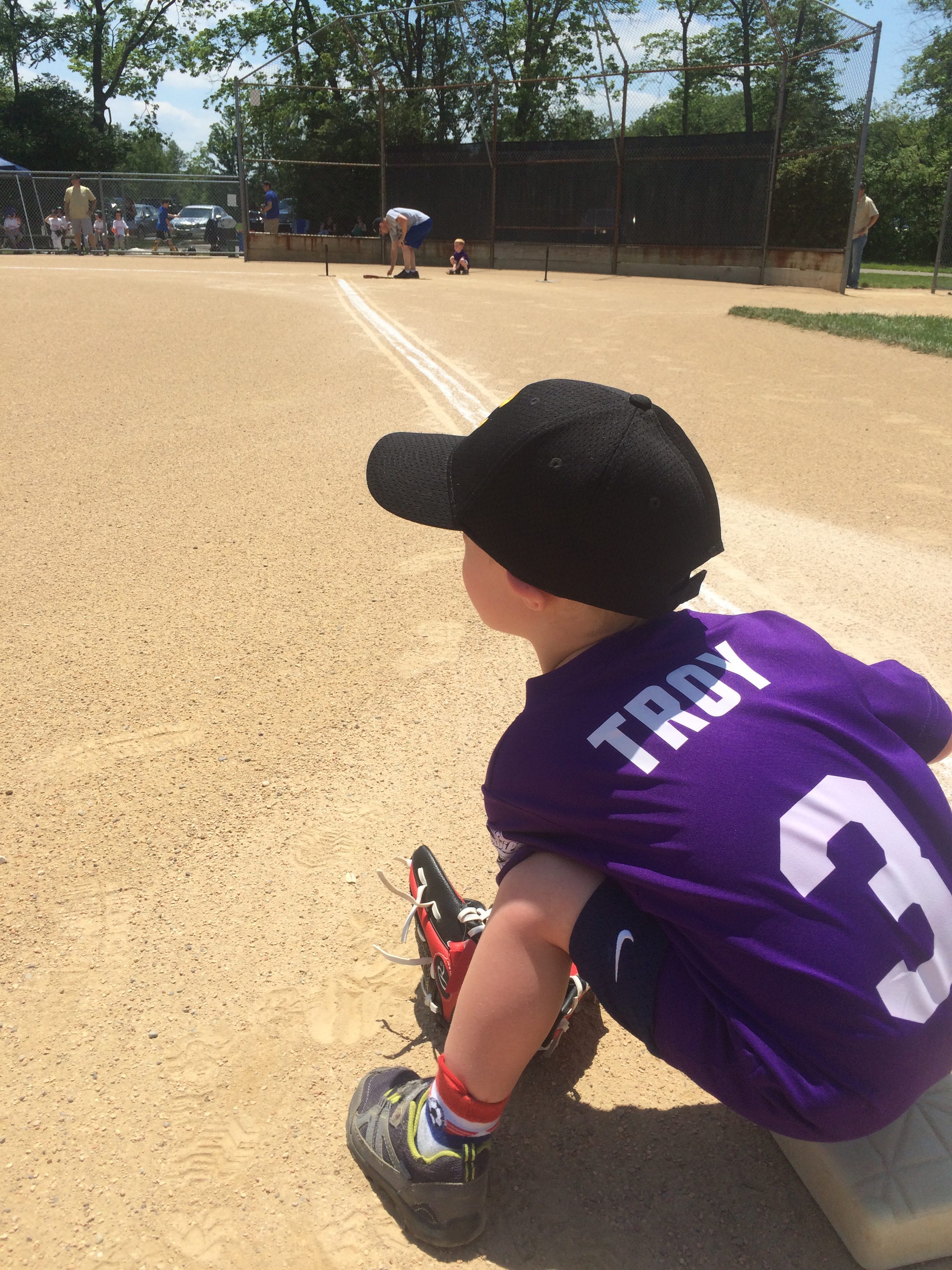T-ball Inclusion Lesson
How my Twins T-Ball team learned about inclusion
Like many 4-year-olds, my twin boys, Hunter and Troy, love baseball! But when it came time to sign them up for t-ball, I couldn’t help but be anxious.

Typically, parents wouldn’t bat an eye at signing their twin boys up for the same t-ball team, but our situation is not so typical. Troy has Down syndrome, and I wasn’t sure how he would be received. Should I call and tell the coach that one of my boys has a cognitive disability? During the first practice, should I describe Troy’s low tone and how it may impact his ability to keep up? During the games, should I apologize for my son’s performance?
In the end, I didn’t say anything.
MIGHTY PARTNER
We play backyard baseball all the time. Troy is as good, if not better, than his typical twin brother at hitting, throwing, and catching the ball, which is to say they both suck as much as any 4-year-old who has never played. I hoped his team would accept him as any other first-time player.
We showed up to the first practice, and I could tell Troy was really nervous. Even though he’s as good as any other kid his age, he hates crowds. I hear about other kids with Down syndrome loving the spotlight. Troy is the opposite. If you laugh or cheer at his successes, he shuts down. I’m not sure if he thinks people are laughing at him, or if it’s too much sensory overload.
His seemingly lack of interest in the game was predictable, but still bummed me out. I wanted his team to see the enthusiastic ball player I watch in our backyard. I did mention to his coach that Troy has Down syndrome, and he may or may not decide to play. “That’s OK, right?” I asked with bated breath.
Coach Kyle, a laid-back father of two, said “This is my first time coaching. I think we’re all nervous. Let’s give him some time to get used to his team and the game.”
This is inclusion at its finest, and Coach Kyle seemed to come by it naturally. There was no hesitation to include Troy. Just an open-mind, and support if needed.
I wish I could say the team’s acceptance of Troy made his apprehension to play go away. It didn’t. He practiced with the team, he even played the field a few innings each game, but when it came time to hit the ball stage fright took over.
It took five games for Troy to finally hit the ball. But when he did, you could see the pride and pure happiness in his face! You could see the excitement in his teammates’ and their parents’ faces! They were genuinely excited to have Troy as part of the team, and more importantly see him succeed.

One particular player, 5-year-old Michael, always made a point to talk to Troy during the games he didn’t play. When Troy played his first full game, you could see the impact it had on Michael. He was so proud of his friend.
Although most of the kids on Troy’s team are too young to understand Troy’s difference, there’s still an important lesson to be learned by his presence. I know these sports encounters will become less as Troy gets older. We expect that Troy will play on typical sports teams, as well as in the Special Olympics. But these early encounters can change perceptions of individuals with Down syndrome, and open doors for Troy later. His teammates will one day be employers, teachers, or friends who will remember that Troy is more alike than different.
Follow Troy’s journey of inclusion at www.inclusionevolution.com.
